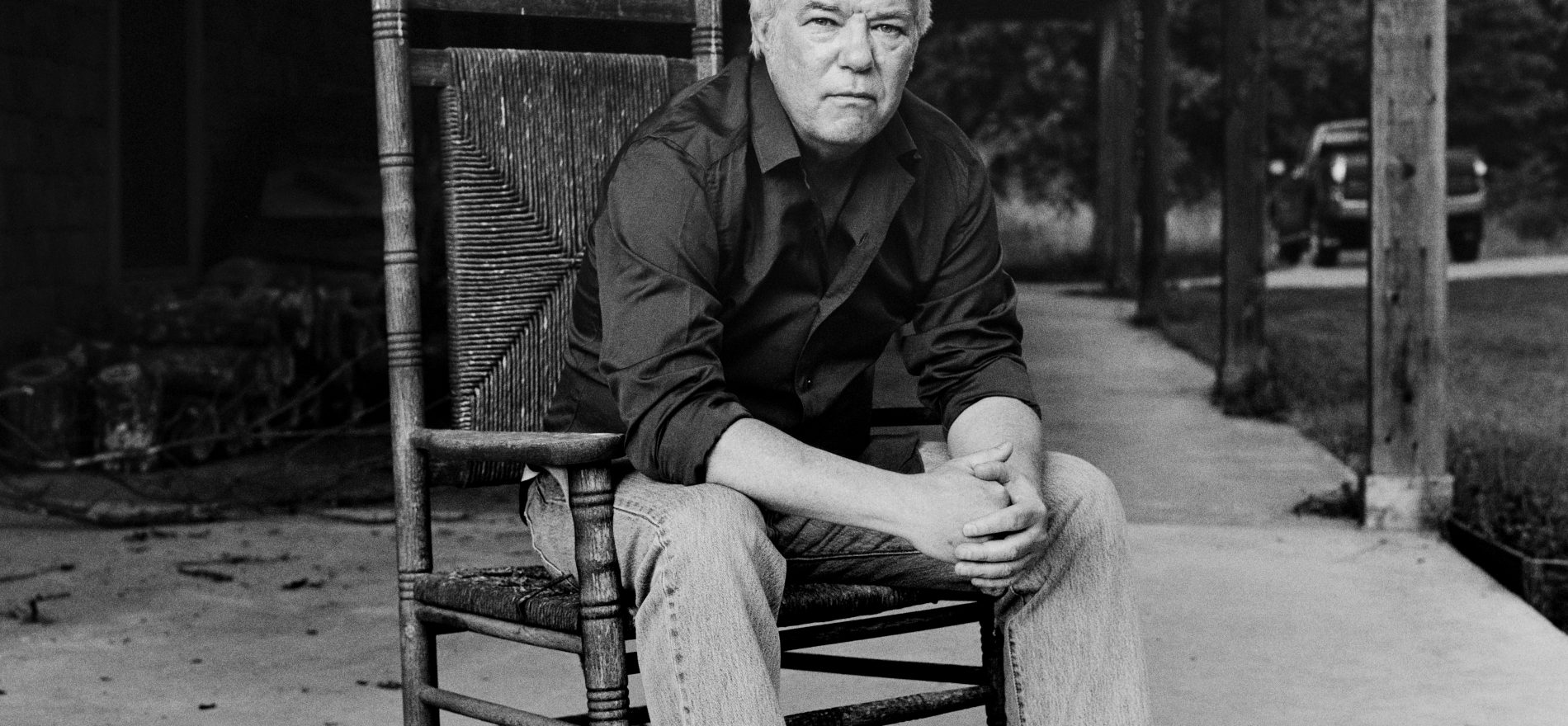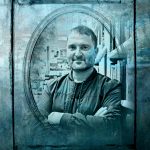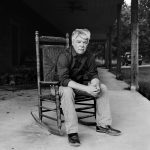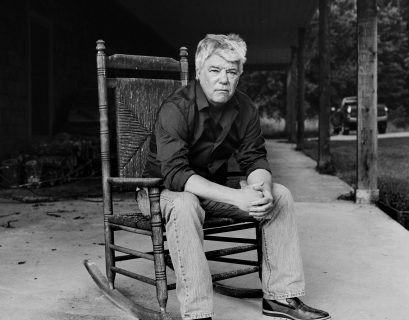Chris Offutt writes about the hills of Kentucky as others write about love, he speaks of that home left behind with the certainty of what cannot be forgotten. His books stand out for portraying the culture of the area, the lonely beauty of the mountains, its flowers, the relationship with nature. They are also a fight against stereotypes of Appalachian people. His books are full of individuals for whom survival is a daily act, where violence sometimes becomes a job, a hobby, or a prison sentence.
From his first stories in Kentucky Straight to his latest novel, The Killing Hills, his writing feeds off all these themes, from tales full of lives on the margins to novels that use the noir genre as a starting point to then follow their own path.
Offutt writes as a way to return home, because all he has left of home is his writing.
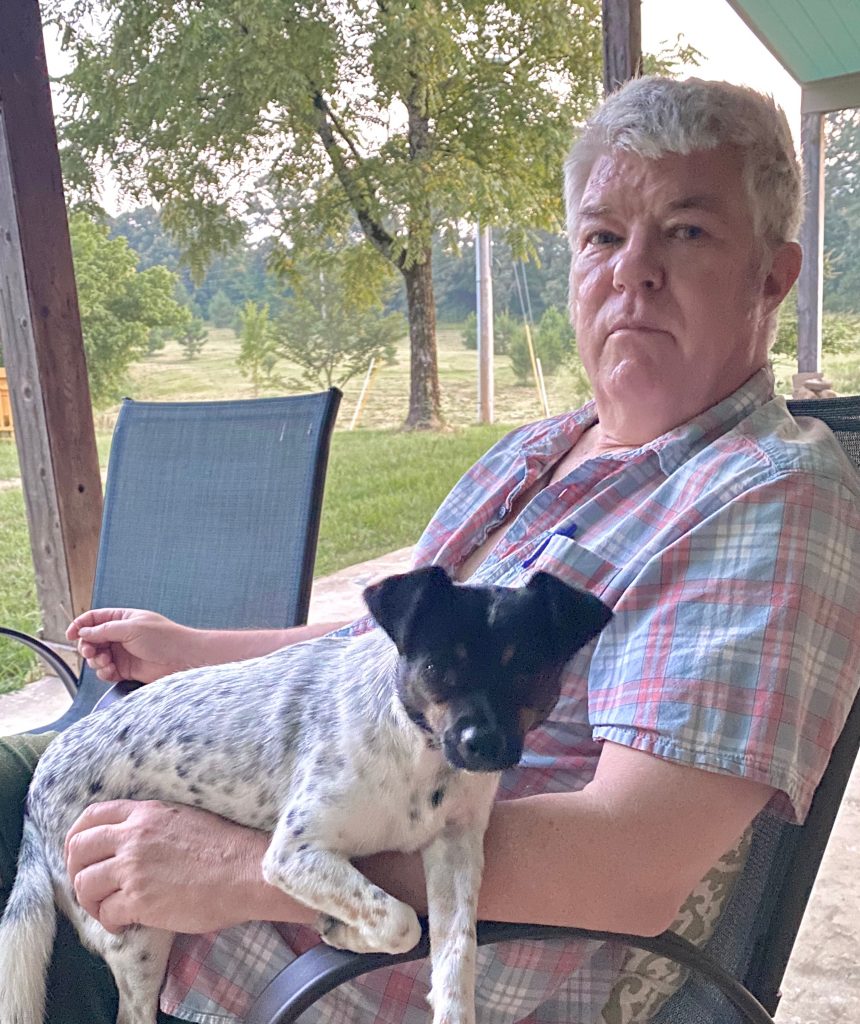
Nicolás Ferraro: You left Kentucky at 17. In The Good Brother, the main character Virgil leaves Kentucky but can’t find a place to belong. In The Killing Hills, Mick, the protagonist, returns home. It seems that in your novels you are saying that once you leave your home, something stays there, and it haunts you down the road. One never leaves completely.
Chris Offutt: I feel that way myself. I don’t think it’s unique to Kentucky or to me. For anybody who grows up in a very specific place, and they know that place very well, and people know them, if they leave, they will always miss it, they will always take it with them.
In my case, once I left, as homesick as I got, as much as I missed the hills of Kentucky, when I went back, I fit in even less for having left, for having experienced city life, different people, different ways of thinking, music, arts. I left Kentucky, personally, I think four times, maybe five times, and left for good, and I never found a place I would call my home other than this room. In a way, my home is where I’m writing. When I write about Kentucky, I can go home in my imagination every day. So, yes, it’s in these books, but because it’s in me.
Gonzalo Baeza: How much of a biographical component would you say one can find in characters like Tucker from Country Dark or Mick from The Killing Hills?
When I was 17, I dropped out of high school. I quit school to join the Army. And the Army wouldn’t take me. I failed the physical on a technicality. It was right after Vietnam, they just had too many soldiers. So, it was a crushing blow, very disappointing. I wanted to get away from my father, this community, out of the hills. I wanted to jump out of airplanes with a gun. I was a kid, you know? I was 17. And I failed the physical, so I had to go to college. The Killing Hills is kind of what would happen if I had had a different life, If I had been able to join the Army, and my life would’ve gone in a different way. It’s biographical in a small way, but big on what my life might be under different circumstances. I do that all the time. What would have happened if I married her instead of her? Suppose this was my family, and not this family. I started [doing this] when I was a child. I’d think: “I wish this man was my father, not my father,” and just imagined my way into a different life. And now I do it on paper.
NF: Both Tucker and Mick Hardin are war veterans. One can glimpse, both in your fiction and from reading about regions like Appalachia, that for many people the only way to advance economically, or even leave the region, is the Army. How is this idea of violence as a profession articulated in your novels? And why do you choose people like this to be your main characters?
I think it’s important for me as a writer to write about someone who is from the hills and has left and has returned. I think that makes for a more interesting character. They have a little more objectivity regarding the world they lived in, they’ve seen something else and they appreciate more what the hills offer in terms of the beauty, the flowers, the birds, and the way of life, the way of thinking.
There just are no jobs there, there are very few jobs there. And the people such as myself, and my brother, and my sisters, young people who want a little bit more from life, they had to leave. There are really four occupations possible in the hills. One is the Army. You can always join the Army and leave. Men and women. You can be a police officer. That’s another one. You can be a preacher, a religious pastor, minister of some kind. Or you can be a criminal. And that’s pretty much it. Most of the teachers are from elsewhere, doctors come from somewhere else. Women, I think, are more likely to become a nurse than a man is to become a doctor. There aren’t many options for someone who wants more. And the Army is the most common. Many of the people that I know would join the Army and come back home. As a child I grew up with older men. I think it was all men at that time who have been either in the Army or the Navy and had come back home so I was familiar with them. And with Tucker, he is a veteran of the Korean War, and I grew up with men who were both veterans of the Korean War and World War II. I knew them and I would consider them at the time as old men. In a very strange way, and this a child’s way of thinking, I thought that World War II had been fought by old men. I did not understand that young men had fought in the war, and they had come back home, and they got to that age.
Later I thought about what it was like for that generation, and especially for Tucker’s generation, because the hills of Appalachia underwent enormous change during the early 1960s. There was a War on Poverty from the government, there was an interstate that was being built that connected the area to the rest of the country. So, what interested me about Tucker was that he lived right during this time of huge transition. He lived in this time of huge transition from the past to the new, but he did not know it. And that interested me –because I grew up in the next generation, the post-War on Poverty, post-Vietnam, post-interstate… What must it be like for someone who grew up in a really old fashioned way –almost 19th century– and then suddenly he’s dropped into the late 20th century while still alive, in his forties or fifties. And that really appealed to me because I’ve known some of these people.
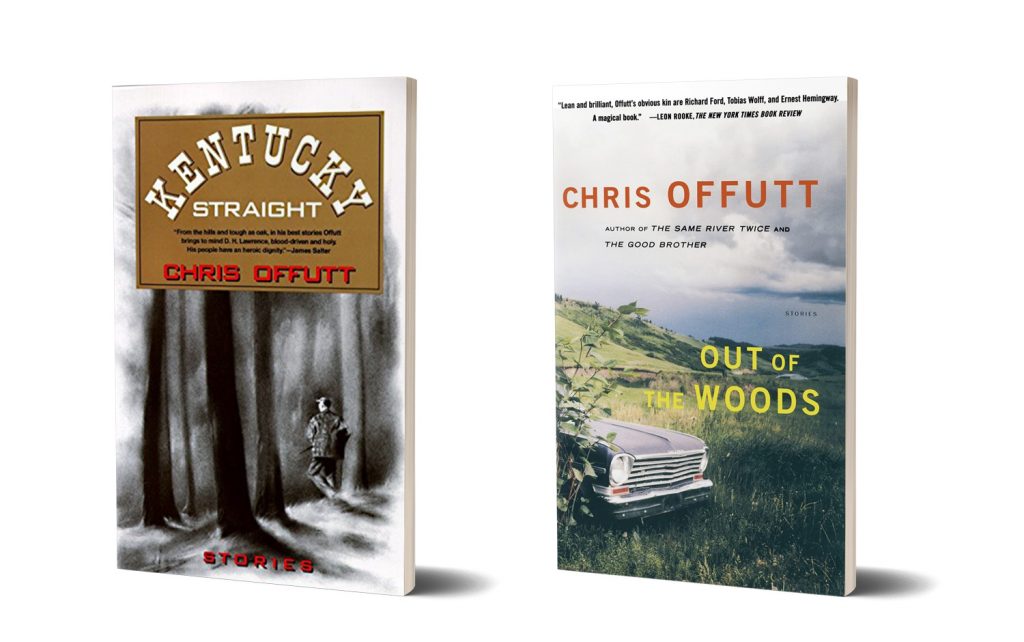
GB: One thing that we both like about your novels is that they do without commonplace stereotypes about Appalachia. I live in West Virginia so I am somewhat familiar, you’ve been familiar with them all your life. It resonates with us because we see something similar in regular mainstream entertainment when it comes to Latin America, so one could say there is some sort of “kinship” in that sense. Is dealing with these stereotypes something you do deliberately in your work?
It’s very deliberate. It’s intentional. I think any group of people that suffers oppression becomes victimized through stereotypes. My experience is in the U.S., but I’m assuming that is true for other countries as well. The Appalachian region has been deeply oppressed for a long time, politically, economically, through employment being regarded as a disposable workforce. If you die in the mines, it’s ok, we don’t care, we want the money. If you die in the woods, cutting trees, it’s ok, we want the money. So, it’s people who do not have political power, or even have a voice, and it leads to the stereotypes that are very common in books, tv and movies. And it always pissed me off, because it’s not right, it’s not the way it is. Now, at the same time, I don’t want to paint a rosy picture and say everything is happy and glorious. I want to show the way things are, the beauty of the culture, and the way the people interact with each other as well as the difficulties, the old-fashioned way of doing things. That may not be palatable to a lot of people. Behind the stereotype there are threads of truth and I want to show the threads and maybe get to an archetype, get to what is more important than the stereotypes. I see a variety of writers from other oppressed cultures doing the same thing. Black writers, Chicano writers, Latin American writers, Native American writers in this country, and I read them in order to learn and figure out techniques to show the way my world is, the world I grew up in, without explaining too much, because there is a tendency to try to explain to a stranger, but also not make it too opaque, make it open.
So, in the end, the answer is yes, very deliberately. The fact is, I work as a college teacher and I’ve known some highly educated people and frankly they are not always the smartest people, they are just highly educated. And some of the smartest people I know, they did not finish high school, they are not well educated. There is an imbalance there. In this country we associate education with intelligence, I don’t think it’s fair, I don’t think it’s right at all. We also associate big cities with intelligence and with sophistication. The most provincial people that I have met are from New York City. I mean utterly provincial. There is New York and there is nothing else. Whereas if you go to the hills of Kentucky, there is the hill they live on, but they know about New York, they know about Lexington. There is more provincialism, in my experience, with people who live in big places, with more things to do, more to see, more goods to buy, and that does not necessarily make you more worldly.
NF: The other day a friend of my mind recommended a TED talk by Chimamanda Adichie. She was talking about clichés and how clichés are right, but they are incomplete…
Yes. That’s really smart. They are right, but they are incomplete. You can meet anybody, and you can really like somebody. But if I tell you their worst qualities, it’s incomplete, and you don’t know that person until you spend time with him.
NF: In these spaces that you narrate, one can observe an absence of government. There is a sort of “code of the hills,” through which problems are solved by one’s own hands. The police are not expected to do anything. Mountain Justice. And although it is an old notion, one can see it in Tucker in the 50s, in the 90s in The Good Brother, and also in a more contemporary novel like The Killing Hills. Do you agree with this assessment? Is this a common theme in your novels?
It’s kinda the case. There is no government representation in the state of Kentucky for the hill people. I mean, there are representatives, but they are in the pockets of the coal companies, the timber companies. And law enforcement, every city, every small town has a small police force. But really what’s important in the rural environment is the county, and the county is a much bigger area. The top law enforcement in the country is a sheriff and this is incredible because the sheriff is elected. So, you have the person who is the very top law enforcement official and he’s also an elected official. It opens the door to corruption. There are many, many corrupt sheriffs. A sheriff in Arizona received a Presidential pardon for his crimes. What I try to show is when people are abandoned. Law enforcement, there is not many of them, and it’s a giant area that they are trying to cover. The people are left to themselves to try to figure out how to deal with problems. And this always starts with face-to-face talking. If you have a problem with someone, that would fix things lots of times. Nobody really wants trouble. But, when troubles comes, no one shies away from it. They do not back away from trouble, and they do not immediately call the police. We do not call the police because we are afraid of the criminals. We do not call the police in order to allow the families to have enough time to take care things themselves, and that’s the community expectation that’s within the culture and within the families. It could lead to bigger problems. Generational problems that can go on for many years. I’m not a fan of that. I don’t think that’s a good way to operate. I think there probably is a place for law and order, for the justice system, if it can be done without corruption, which doesn’t seem to be the case in this country. But as a writer, it is really interesting to me, and it makes for a dramatic story where you have a good man, who has to do something bad for very good reasons. That appeals to me. I do not think things are black and white. I do not think there’s good and evil. I think that the politicians want us to think that way. Us and them. The religious leaders want us to think that way. Christians and Jews. I do not agree with any of that. In my experience in life, in general, everything is in between, there is no white, there is no black. Everything is grey, and we constantly make decisions and take action based on the information we have. And that information may be incomplete, or maybe come from a source that is suspect, but we still get the information, form a conclusion, and take action. Even in small ways. Sometimes, that action, even the small action, may not be legal, it may be not the best thing to do, but if the reasons are good then it becomes much more complicated. That interests me as a storyteller.
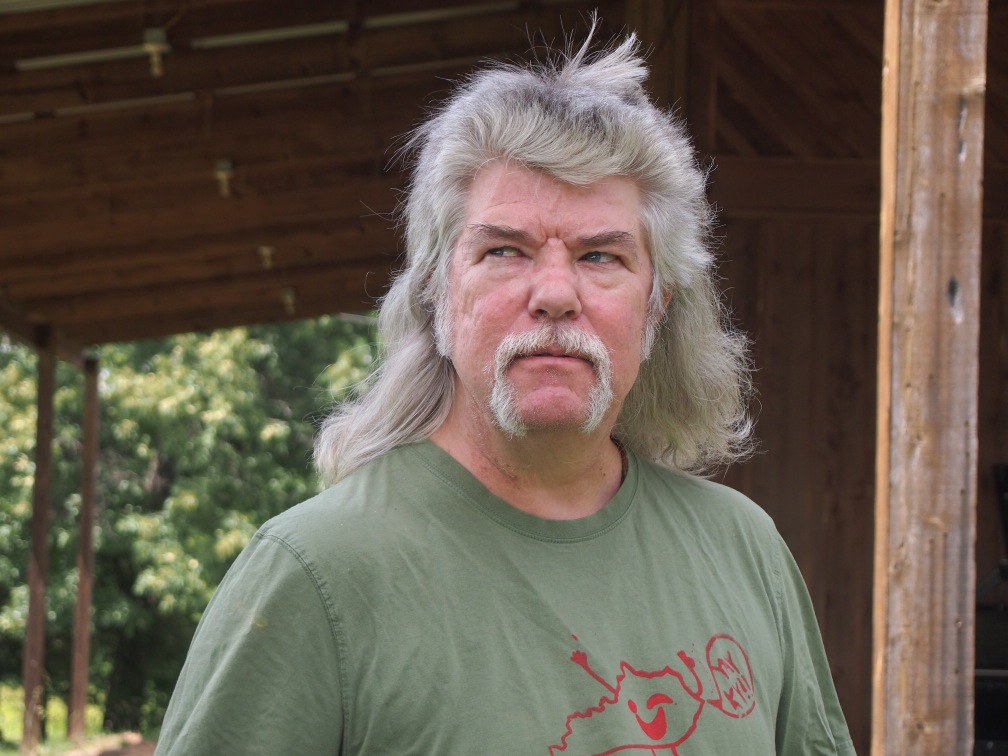
GB: I know that labels don’t necessarily do justice to literary works, but many readers and reviews have said that The Killing Hills is probably your first bona fide crime novel. I was wondering if you see yourself venturing into this genre, even though I know your work is never going to fit into one single genre. Is this where you plan to continue writing for the near future or you would like to try different venues like you did in Kentucky Straight? What’s next for you?
Like you said, I don’t understand categories or genres. They confuse me. They don’t make sense, I don’t think that writers think that way, necessarily. I think they started with libraries. They have to figure out where to put these books, on what shelf, under what number, and then bookstores, they do the same thing. Genres become about marketing. Then there’s the salespeople for the publisher, for example. Grove Press published The Killing Hills and they decided to market it as the first crime novel that I’ve written. I thought “Geez, what about Country Dark?” There are multiple homicides, there is a stint in prison, there are illegal activities. That’s crime. The Good Brother is murder and flight. A classic, to me, crime novel. Even in those early short stories some of the characters were engaged in unlawful behavior, some of the characters were police officers. I don’t think about it that way. I thought that in The Killing Hills what people noticed is that in the first two pages there is a dead body, and “Ok, now we know how to call this damn book.”
And the next book will be out in June and now I’m finishing a third one. I have a full draft and I’m revising it. And I’ve actually been wrestling with the very question you asked me. What will I do next? I really don’t know. I think the publisher would like to see another book about Mick and Lynda and Johnny Boy. I love these books, I love these characters, I love Johnny Boy. Johnny Boy is probably closer to me than Mick. Much closer, actually. He just wants to be alone with his files, he is afraid ghosts, and maybe UFOs, he is a curious guy. Not cut out to be a cop. I’ve been thinking about what I would do next.
I read three books a week, and I read different genres all the time. I just read Jean Rhys, one of my favorite novelists. I finished that last night, and today I started a book from 1938, Blue Murder, by Robert Leslie Bellem. It’s his only novel, a pulp novel. So, I read different things without worrying about genre. I don’t know about what I will write next. Maybe a ghost novel in Kentucky. I’ve thought about that. (Laughs)
NF: In all your novels the presence —or potential— of violence is important, but even more central is your interest in the consequences of violence. Characters operate with an awareness of this, trying to shed the least amount of blood, knowing that they must deal with the aftermath.
I don’t think I’m a violent person at all, but the world where I grew up was violent. I think the rural world, the life in the country, by its nature… People hunt for food, that’s very violent, whether it’s a hog or a chicken, that’s violent. If you have livestock, or a cow that gets sick, you have to kill them. That is a kind of violence. Maybe it’s not human-on-human violence, but it was a part of my day-to-day to life as a child. I don’t think violence solves problems, I really don’t. But I understand that this is something that has been deeply embedded in human history. All of your mythologies, Greek mythology, violent as hell. The Old Testament, the Western American mythology, I mean, it’s pretty violent. What I take from this is that we have this violence in us. We are one small step away from the vicious animals. And we pretend like we’re not, we try to hide that we’re further removed from our animal life. And I think that under pressure, people react that way. And I think we see that happening certainly in the USA now in the past couple of years under COVID: Enormous amounts of pressure, more actions of violence. And we have political leaders who encourage it for their own political gain.
I don’t think violence solves anything but at the same time, narratively, it is something I want to include rather than hide away. I don’t try to glorify it. I try not to romanticize it. And in the case of Mick, as you said, he is actively attempting to end a cycle of violence and he knows the potential is there. So, yeah, I suppose I’m interested in it, but I think that, unfortunately, it’s part of our American culture.
NF: I think we are all interested in violence and not necessarily in being violent, but it attracts us and to neglect that, I guess, is part of the problem for me. If we are not trying to understand each other through reading books or through experience beyond books, if we neglect this attraction for violence, we are not solving nor trying to solve the problem. I get this question a lot about my own books. But I’m not trying to romanticize anything. I’m not trying to make it cool. If you are fighting, your knuckles are going to bleed. The problem for me is when you try to romanticize it or deny it.
Yeah. And both are bad. Both are equally bad choices, to deny it or to romanticize it. And I think there’s lots of books that do that. And they’re not very good books. You know, you can go back to an eye for an eye or turn the other cheek. Again, it’s either-or – and they don’t work. Neither one is always effective. Everything is in the middle, in the gray area where even the threat of violence can be, I think, scarier than actual violence. So yeah, I write about it [but] I don’t know my own attraction to it narratively. I think it makes for higher drama. This may sound crazy, but in a way it’s a means of me expressing extreme emotions that I feel. I would never go and hurt somebody, but I can have extreme feelings in me and there’s nowhere for them to go.
And I just try to put everything into the writing, everything into the book in the same way that I will try to write about my love for nature and flowers and trees and the light in the woods. That’s the same thing. It’s a way for me to express that on the paper and extreme feelings that are extreme emotional responses. So, in a way they’re autobiographical, cause they’re just however I’m feeling that day, and I’m volatile. I try to stay even and I know the things that help me walk right: Read, do outside labor, don’t drink, don’t smoke cigarettes, you know? But I still have moods that fluctuate and it goes into the book.
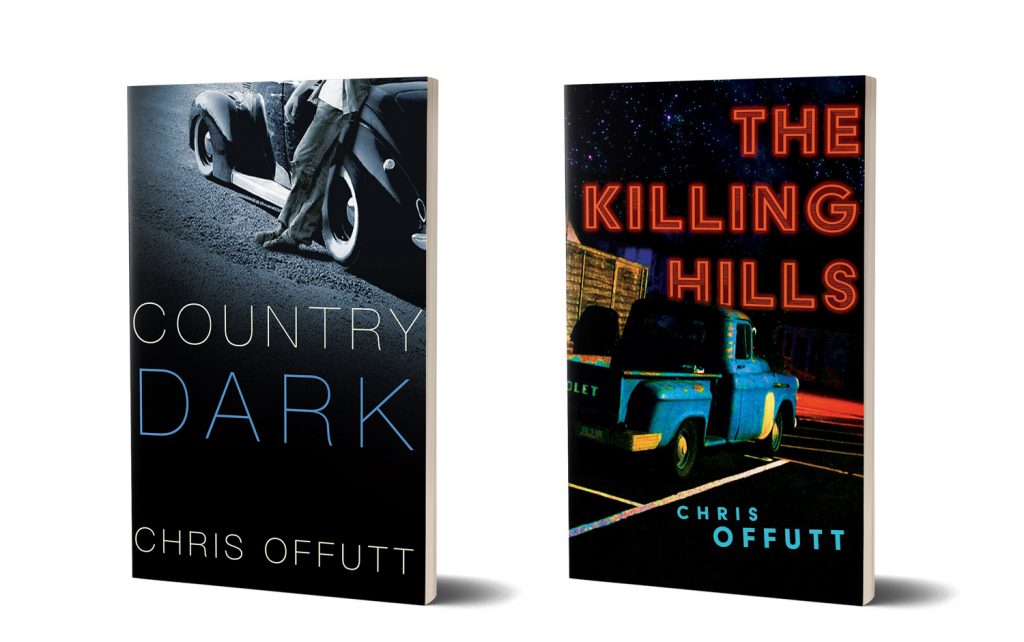
GB: This may be a gross generalization, but I get the idea that in Europe and in Latin America many writers are less jittery about being labeled or associated with a given political persuasion. You are a voracious reader and you’re probably familiar with the American proletarian writers from the 1930s and how they’ve been mostly forgotten. And on the rare occasions they’re brought up it’s mostly to dismiss them as hacks and for being too didactic, as if politics overshadowed everything else and the overall quality of the work. In reading some contemporary crime fiction or even when reading Appalachian fiction, a lot of what I read in Breece Pancake, in your books, in Ron Rash, in Jayne Anne Phillips, and so many others could be interpreted or considered a social novel, a political novel. They’re essentially dealing with characters and ways of life and parts of the country that are, as you mentioned before, oppressed or forgotten, neglected. Do you think crime fiction or some Appalachian fiction, regional fiction, fills this void? Because typically politics is shunned. Typically, reviewers and critics tend to believe that if a work has a political component, it’s inherently preachy in spite of the fact that it can be done well and that it has been done well. Would you agree with this (extremely long) assessment?
You mentioned Jayne and Ron. They’re friends of mine and Breece died long before I came around but I’ve been influenced by them. And what we have in common is that we all are writing about poor people. And I think that once any writer, regardless of where they are, whether it’s in Latin America, whether it’s in Texas, whether it’s in LA or Chicago or New York or Atlanta, anytime you start writing about poor people, the politics is part of it just as automatically because you are talking about people who don’t have access to education, jobs, health care. They work jobs where they don’t get paid a lot of money and then people treat them poorly because of their lack of money. I mean, I’ve been a house painter. I washed dishes all over the country. I know what it’s like to do that as a truck driver, a landscaper. You know, labor jobs. They were the jobs I could get. So, I know what it’s like to do those jobs. I know how it’s like to be treated by the people that you’re working for. The minute you’re painting somebody’s house, there’s an owner who has expectations. So, I guess what I’m trying to say is, I think it’s part and parcel, the politics and the social aspect that follows. Now, the key, as you said, is that it has to be done well, has to be nuanced, it can’t overwhelm it. If there are books where the political is more important than the character or more important than the story, then it becomes almost like agitprop or, what’s the word…
GB: Propaganda.
Yeah, it seems a little bit close to propaganda. I want to write about people. So, I just figured that if I put the people first, the landscape first, then the people in the landscape, and then a story, then all of these social and political elements that you’re talking about, they kind of follow behind, they’re like the dust when you drive on a gravel road. There’s dust that comes up and you see the car, or the truck and you see the dust that is following it. So, I want the dust to follow the story.
There was a time when there was an overt political novel and there were overt social, social criticism novels. There’s a term for that, Gonzalo…
GB: Social novel, they call them social novels now or, like they used to call them here, proletarian fiction. Was that the term you were looking for?
Yeah. I don’t know these terms, actually. I just know the books. So, I guess the point I’m trying to make is that I think that crime fiction fulfills that role now in American letters. I can’t really speak for European or, you know, Latin American fiction. I think here it’s fallen out of favor, but there are works. There’s George Pelecanos, who writes novels set in DC and Maryland. I love these books. He’s a really good writer. And he writes about these small areas and the problems that occur with people in these small areas under pressure. The fact that they’re set in a big city doesn’t mean that I can’t relate to the people because I understand it and I’m interested in it. So yeah, I think that that what we call crime fiction does that. My favorite writer is an Italian writer, I’m going to recommend you read him if you haven’t, named Massimo Carlotto.
GB: I’m familiar with him, but I haven’t read him.
He’s my favorite living crime writer. His novels fall right into this. They’re political, but without being overtly political. It doesn’t hit you over the head with it. They’re social novels but what’s most important is the people. There’s another French novelist named Jean-Claude…
NF: Izzo. He has that trilogy of books…
Yeah. Fantastic. Set in Marseilles, a big port city in France. Not where Ron Rash writes or I write or, Jayne Anne, or Breece, but there’s a similarity. And I think it also has to do with the fact that Izzo and Rash and Jayne, they focus on the people. They focus on the people. And I see that actually lacking in a lot of fiction, not just crime fiction, but all fiction where, where idea becomes important or fancy language or commentary or a cleverness or something assembled for the marketplace. These are human beings. Let’s look at the human being and their relationship with themselves, the land, and each other, and tell a story. Sounds fancy, but it’s really simple. There’d be more good books if more people did that.
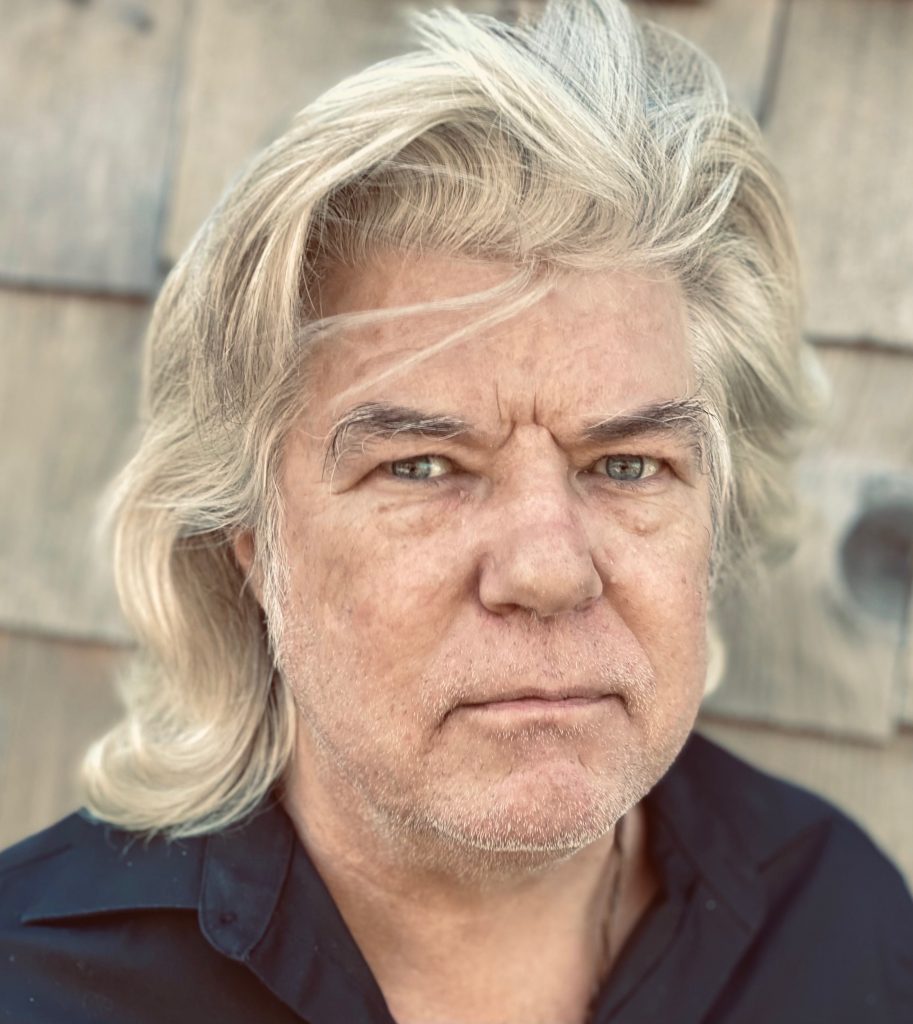
NF: I remember a couple of years ago that I was trying to read your books and I didn’t have luck finding any of them. Surprisingly, once you published Kentucky Straight in Spanish through Spain’s Sajalín, something like five more of your books came out in succession rapidly, one after the next, and they garnered a lot of interest . I remember Richard Lange saying that when he goes to Europe, readers are more interested in politics and other stuff. And when he is in the U.S., they are more interested in things like how can one become a writer. Have you noticed a difference in the reception of your works in different countries, and especially with The Killing Hills, which was released in other languages fairly quickly?
I think that in my experience with interviews like this or a question-and-answer event, what I’ve found is that the European and Latin American people are more prepared. They’ve read more carefully. They tend to ask smarter questions. They have a greater depth of understanding. And maybe it could simply be because there aren’t that many Americans that get translated. And so it gets more attention because of that.
One thing is that The Good Brother was [published] 20, 25 years ago. I don’t know the dates on [the other books], whereas in Spain and France and Italy, they’re publishing all these books within about a two-year period. And so, what I really like is that readers can read one and then the other, if they want to, in a row. And American readers can only do that if they have not read anything and they started from the beginning and moved forward, and most people don’t do that. If you discover a writer after he is dead, that’s what I do. I’ll go back and start at the beginning and move forward. So, I like the fact that these books are published in Spanish, Italian, or French in a short span of time, because there’s overlap. Like Tucker, for example, he’s in one book. And then he’s an old man in The Killing Hills. The book I’m working on now draws from earlier characters too because it’s the same world. It’s the same place. I’m not sure if I’ve answered what you’re interested in, Nicolás, but…
NF: It was about that, about perception, because sometimes I get the idea –and I’m not from United States but this is something I’ve read from other American writers– that in other countries they get very different responses to their work. For example, I think Pelecanos would get a lot of questions about the justice system or the place he’s writing about. And maybe in the United States, readers would be more interested in the fact that he wrote The Wire. Has something like this been the case for you?
I think there’s some truth to that. I think the European readers and certainly the journalists and book reviewers are more attuned to politics and are less afraid to ask about it. I also think that with the European writers and Latin American writers as well, it’s part of the work. And it’s part of the culture in a way. Here, it’s split, it’s divisive. In the States people tend to only talk to other people who agree with them, and I’m guilty of that as well. I would much prefer to talk to someone who is an open-minded human being and thinks we’re all equal and we should just be nice to each other rather than, people who I have fundamental differences with and with their political beliefs.
I’m not interested in writing about that. I’m not interested in reading about it. I’m not interested in talking to them and I’m not interested in conversing about it with a journalist either, but there is more interest for that in Europe. One other thing: I think Spain, Italy and France are the ones that have embraced my books the most. There is a tradition of writing about poor people in these countries. Whereas in America, there really isn’t a tradition. They’re the people that you make fun of. If you’re poor country, I mean, country people, you might refer to us peasants, right? There is a regard for country people that I’ve not seen in that it is a little bit higher in some European countries. In this country, it’s absent. And I think that tradition of books that examine and explore the rural country environment and country people in Europe helps the reception of my books there. I’ve had many people in Europe say: “We didn’t know there were poor people there. We didn’t know there were country people there” because they’ve only read Jonathan Franzen, for example, or they’ve read Don DeLillo or, you know, well-known American writers, all of whom write about cities and city people, or suburbs and that kind of thing.
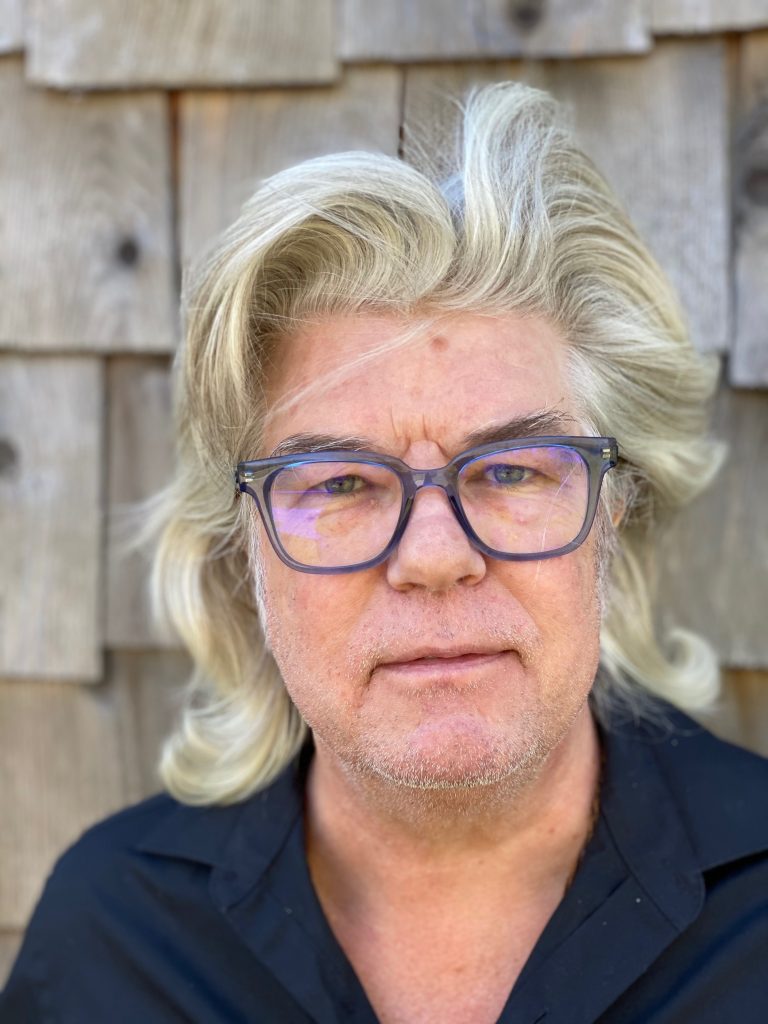
NF: There is one thing that you mentioned about the connections between your books. For example, in your latest book you have Tucker from Country Dark, you have this relative of the person who killed Virgil in The Good Brother… It’s like you are trying to do build this universe, the Offutt universe. Is it something that attracts you, the possibilities that stem from a shared universe, or does it come more natural?
Yeah, it attracts me, but also, all these books are set in the same place, the very same place. And it’s about four square miles, really. And I know that area very well. I know the people, I love the people. I love the culture. I love the land, but 25 years ago I was a younger man and I wrote about them. And then, you know, time goes by, and I write something else set in the same place and, I’m going to try to answer this as carefully as possible. I have moved through time, right? I’ve gotten older. Thirty years have passed since my first book. The circumstances have changed. The circumstances of Virgil in The Good Brother. It’s the same world, but it’s changed through time. So, the world has changed, and I have changed, but there’s something that’s appealing to me about including that history, even if it’s a made-up history, it’s invented history, but it’s the way history works. Everything impacts something else in real life. My personal history influences me. My mother’s history influences me. And I probably influence my son’s history, hopefully. So, I realized this with The Killing Hills, I have my own characters from the past and others are descended from these people imaginatively. I thought I could try to use them, so I went through, I reread all the books fast. I never read my own books, but I read through them. And I wrote down all of the characters’ names, and I wrote down all of the place names. And then I made charts of relationships between people like: “here’s a person, here’s who they’re married to, here’s who their kid is, here’s where they live.” And I have these documents lying around here and I can look at them and it helps me place them in my imagination. Kentucky Straight had a map, the first book. Is that in the Spanish edition?
NF: Yes.
I made that map. I drew that map. And I wanted a map to be in the book because where I grew up is not on a map anymore. There was never a map of my hometown and it’s actually not even on maps anymore. So, I have my own map. And then all of these character names, it’s like having my own phone book. I have the family history of all, and I realized that it was great fun to draw on it. And also, in a weird way, writing is hard, both of you know that it’s a very difficult, it’s an extremely difficult thing to do. So, I’m always looking for ways to make it easier, the task itself and having a map and having these names and having these people, having this history, having these interrelationships made it a little simpler for me as a writer. I love doing it. The problem is I killed off a couple of people that I really, really cared about.
GB: When you mentioned the reception among European readers and how some said they were unaware of poverty in the U.S… That’s definitely something that I thought would be appealing about your work for foreign readers. However, another thing that’s appealing to me and I imagine to other readers both in the U.S. and abroad is the fact that you talk about the land and that your books are rich in vivid descriptions. The dominant aesthetic right now is very minimalist and somewhat heavy on dialogue, but in your books, the land is almost a character. And that’s something that I imagine is deliberate, but I would rather ask you about it. I remember one particular sentence in Country Dark. It was something like: “The wind was brushing the leaves like the sound of distant water.” That is deceptively simple, but it’s a very evocative image. I was wondering how consciously are those passages integrated into the narrative. You seem to want to convey that besides the characters, besides the story and all that, there is a specific place that you’re writing about.
Yes. The answer is yes. I mean, the majority of Country Dark takes place outside. There are very few scenes in that book where people are indoors. There’s one in prison for a while, but most of the time they’re on the porch or they’re in the woods or in their yard, and it’s similar to The Killing Hills. But it’s partly because I miss it so much. I love being outside. I think it’s beautiful, that part of the country. I can’t really live there. Now, I could probably go back there and live, but I don’t know if I would, there’s not a lot for me there. And so, if anything, if I’m guilty of romanticizing anything and feeling sentimental, it’s my relationship to nature and to the land of Kentucky. I think it’s beautiful. And I want to write about it in a way that makes other people feel the beauty that’s there because it is the most dominant feature. There are more animals, there are more birds, there’s more wildlife than there are human beings. And the land is omnipresent, the hills and the trees and the creeks and the rivers. So, it influences the characters. I believe it influences not just the characters in the book, but it influences everybody who lives there. If you live in a rural environment, you are deeply influenced by that environment in the same way that if you live in the middle of New York City, living there influences you. And I want to include that influence.
And with this book, Mick is the protagonist. His sister is the secondary character. I thought having a brother and sister would emphasize the family loyalty and family closeness that exists in the hills. I decided as I wrote that the land and the culture would also be the protagonists but not in that we are getting the story from the point of view of the land or the culture, nothing experimental like that. As I wrote, [I decided] the most important thing in every page would be the land and the culture, and that gave me a lot of freedom. I really like that, and I had more fun writing The Killing Hills, I enjoyed the process of it more than anything I ever written. What’s most important is the land and the people, and that led to the mule’s scene. That has nothing to do with anything in the book. But it came along because Mick had to go from point A to point B in his truck. If you are in the city, there is a lot of things to drive by and you can describe: “Oh, there is the drugstore, there is the department store. Oh, there is the apartment building where my old girlfriend used to live.” There is all kinds of action to describe and interesting visual information to give to the reader as you go from point A to point B. Whereas in the country, it is just a road and a bunch of trees but he still has to travel there. He saw a guy walking, and the guy jumped into the truck. And that’s how it started, it wasn’t intentional. I was trying to be open to the land, and to these circumstances. This is a place where people don’t really hitchhike, you don’t see hitchhikers. If they are walking, they need a ride. So, people commonly would stop and offer a ride to a stranger. Simply because they are walking, they needed it. And that led to that big crazy chapter, which was fun. But that was a result of this idea that I was going make the land and the culture the most important part of the book.
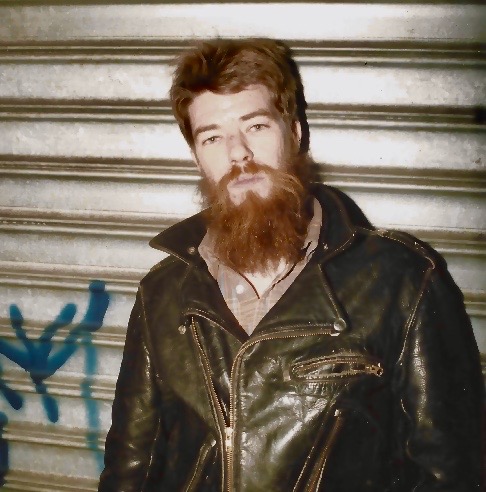
NF: This book also feels more relaxed than the previous ones. All these little criminals that you include, how they talk nonsense in the car and act like big machos. The book has this ingredient of humor in the characters.
I think there is more humor in this book than in any of my other books. That was deliberate too. I think I’m a funny person. I like to make people laugh. I avoid people. I am hardly ever around people, but when I do I have the impulse to make them laugh. And I try to write things that are funny just for the sake of being funny. But I avoided it in my fiction, and I think part of it was that I thought that I should be more serious. Fiction is serious. The world I’m trying to depict is a serious world. And I think with this book I was able to incorporate humor. The problem with writing humor, though, is that it’s risky. If I think something is funny that doesn’t mean that you are going to think it’s funny. It’s a bigger risk to include humor.
NF: But I also think that they are a lot of situations that are not exactly funny, like the exchange between Mick and Lynd at the hospital, for example, that nevertheless have a dose of humor. It is not exactly something to laugh about or joke, but it has humor. This humor allows the reader to develop empathy toward the characters.
I appreciate that. Siblings can be funny with each other. Humor is also a way of achieving intimacy. You can create a little bit of intimacy with humor. My goal every day is to make my wife laugh, at least once. And I always do. Sometimes it’s the stupidest thing in the world. But it helps, especially these days. At the same time, I don’t want to lose track of what’s important, which is the story. It’s easy to write bad humor and have dialogue that is clever, quick, and witty. I really don’t care for that. People don’t talk that way. I want to write dialogue the way people actually talk, as close as possible.
To me, the mule scene or some of these situations, they are absurd. I would think that humor has an absurd quality. That’s how I see the world. There is an absurdity to the fact that we live, that we are the dominant species on the planet, and we are busy destroying the very world that we live in. That’s absurd. The circumstances with Covid, where we are forced to be inside, and there is politics about wearing a goddamn mask. It’s absurd. I try to laugh at the world all day long because otherwise I get mad. It’s easier for me to see the absurdity, to see the humor in a situation and laugh than to get irritated or profoundly depressed. I love the existentialist, the philosophy of existentialism, and I think that I drew some from this idea. It is ridiculous that we are even around. Every other animal is stronger than we are. We have language and that’s why we are the dominant species. We can communicate and yet we fail to do it so often. To me that’s absurd and I want to try to embrace all of that. Language is the only thing that separates us. People say it’s the opposable thumbs. Nah. We can talk. Cut my thumbs, and I can still talk.
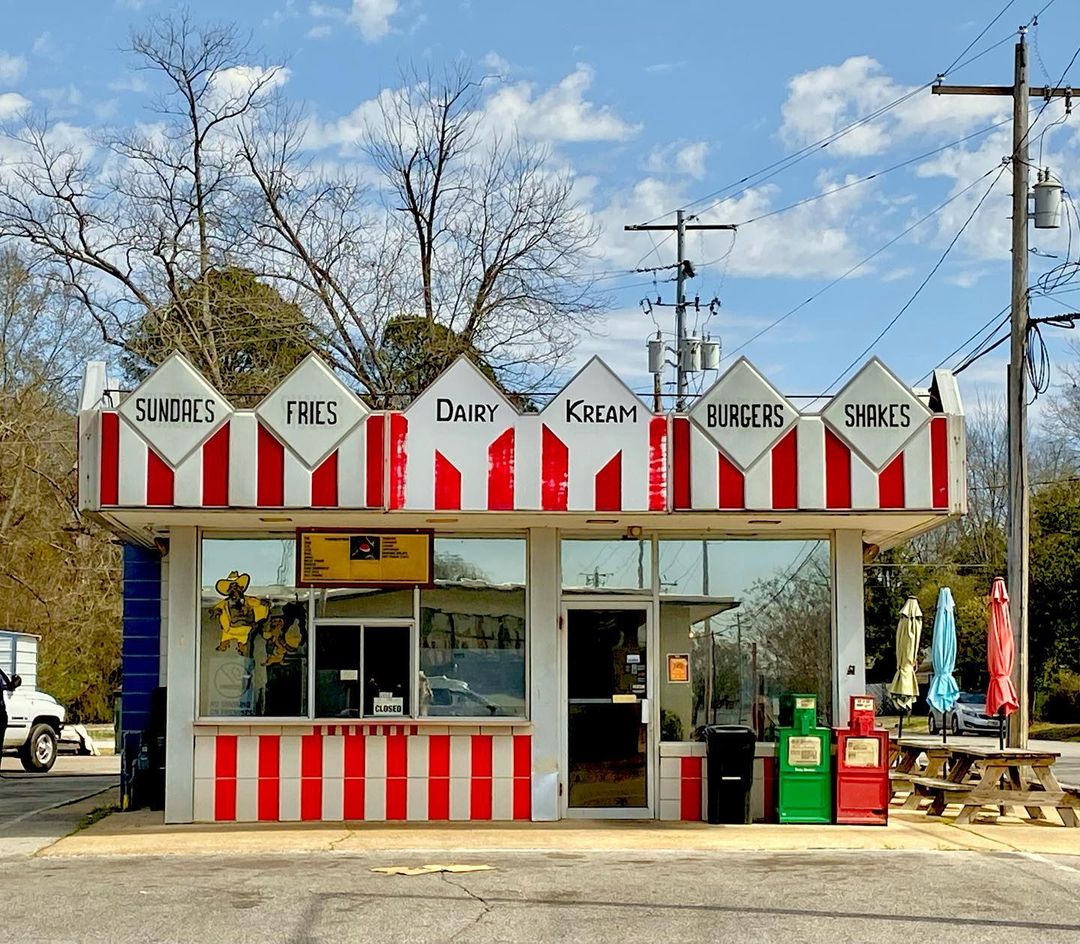
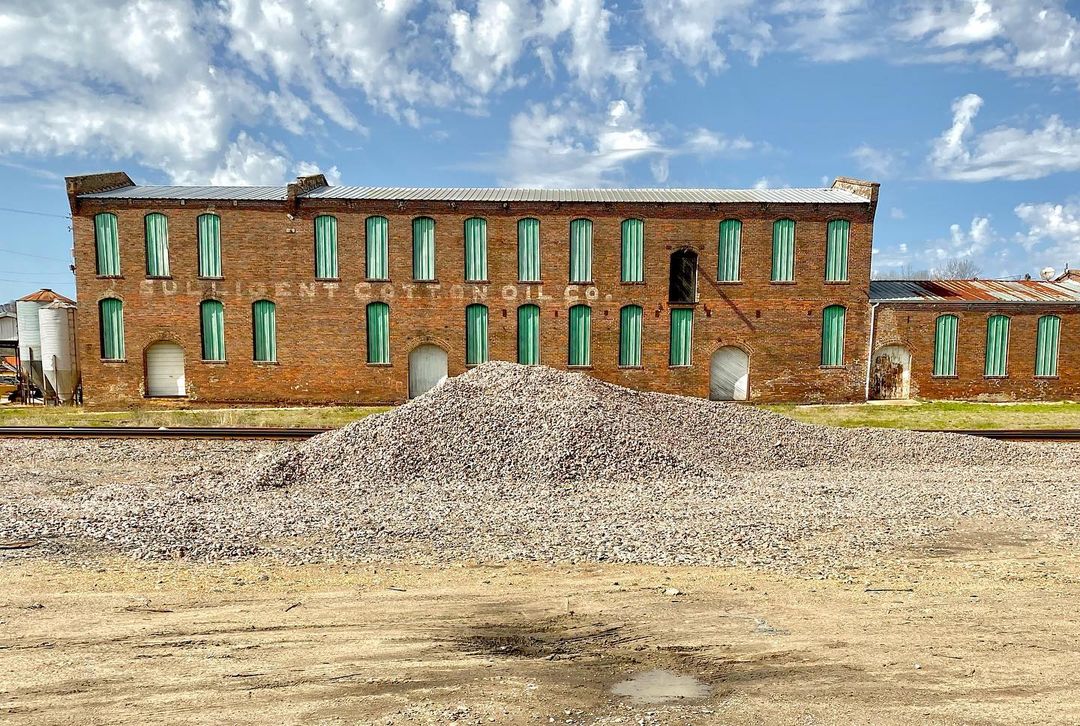
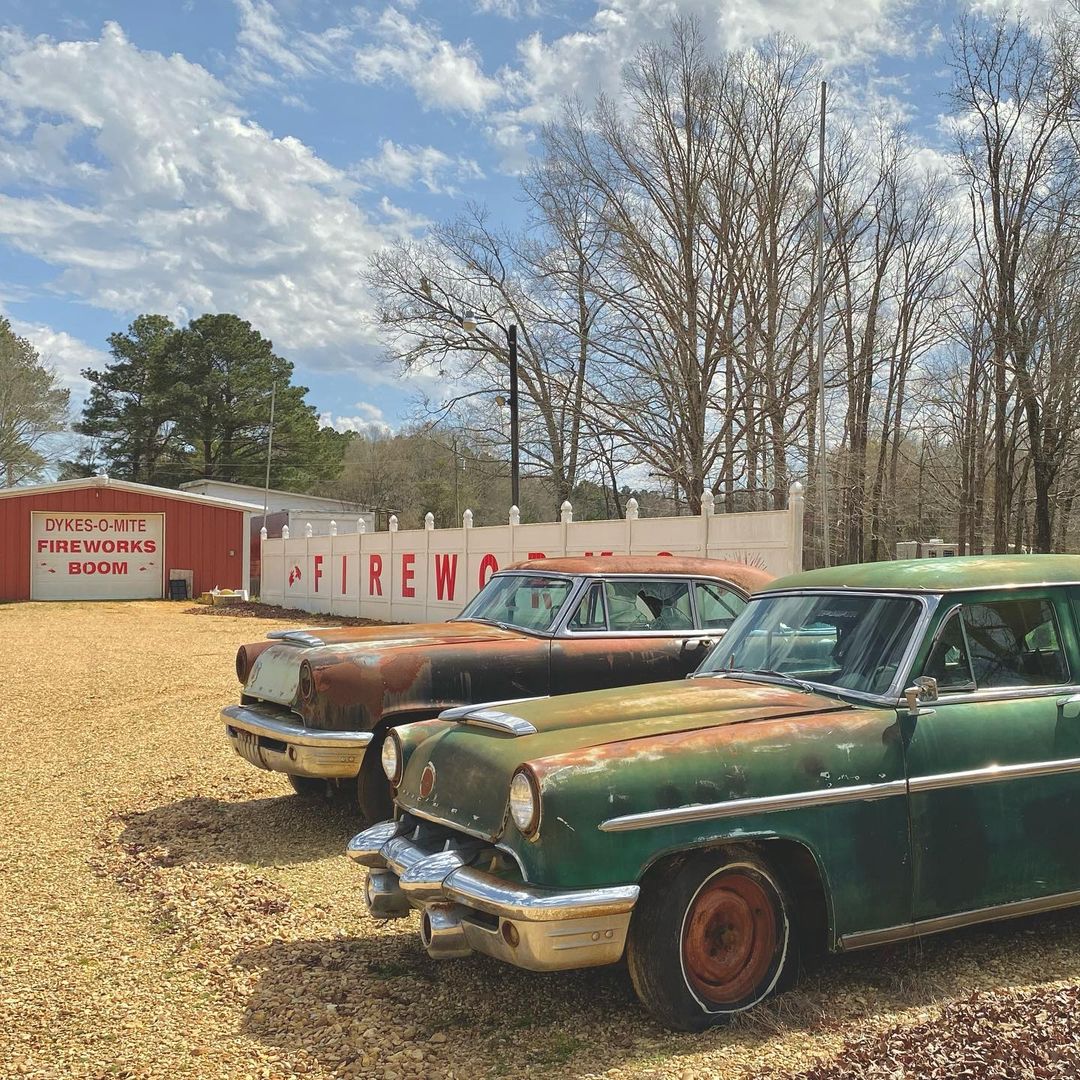
NF: You are also a photographer. Like writing, it is related to the way we perceive the world. I was wondering how you see the relationship between the two artforms.
They are opposites in one way. When I write, I sit right here, in this chair, looking at the same goddamn screen, like this is my life. It’s completely internal. I don’t move, I drink water, get a cup a coffee, I just hunch over the keyboard and type. That’s it. It’s very still. And it’s inward. Everything is inward. I see in my head the world of Kentucky, I see the people and what they are doing, I listen to what they are saying, and I write down what they say and what they do. That’s how I write.
Photography is a great antidote to that. I’m out in the world. I have to walk, I have to be mobile, I have to look, I have to physically look at what’s there rather than what’s inside and try to make it up. It creates a balance. I love photography. I would rather be a photographer than a writer.
I’m a visual thinker and I think that helps with my writing. But with photography there is a reason to go out and to look, and it’s perfect after five hours of writing. You just get tense, my back hurts, and I haven’t done a goddamn thing. So, photography is like “I have to get out, get in the truck, drive around, get out, walk around, take pictures, look at the actual world, the real physical world that surrounds me, that we all share.” I like doing that. Especially after being in the world of my imagination for several hours.
I take a lot of pictures, most of them are terrible but with digital you can take a lot of terrible ones for free.
One difference that I’ve found between photography and my books, is that my writing is full of people. When I finished The Killing Hills, my first thought was: Jesus, there are too many people, who are all these people? But in photography, I never include any human beings. That’s not deliberate any more than having a lot of people in The Killing Hills is. I think that writing makes me feel less lonely because I have all these people that I can talk to all day long and interact with. And when I’m out in the world, I don’t know that many people and I would like to go places where there aren’t people. And so, there is that funny dichotomy between the photography, the lack of humans, and the books that are jam-packed with human beings, people talking to each other. Do you take pictures?
NF: I asked you that because when I’m writing I have a deeper relationship with the world. Because at the same time I’m picturing how can I translate this image that I’m seeing, how I would set the camera. And at the same time, I’m trying to absorb everything that surrounds me and borrow from every person that I interact with, I’m paying a lot of attention to them and that leads to a more intense bond with them and, at the end of the day, I hope that makes me a better person.
I think that’s a wonderful thing right there. Writing makes you a better person. I feel the same way. I’m a better person, a better father, a better husband, better son, a better neighbor.
Nicolás Ferraro was born in Buenos Aires, Argentina, in 1986. While studying to become a graphic designer at the University of Buenos Aires, Ferraro earned a living by playing poker; now he works as the coordinator at the Center for Crime Fiction at Argentina’s National Library. Ferraro’s debut novel, Dogo, was published in Argentina in 2016, and was a finalist for the Extremo Negro Award. Cruz, his first novel to be translated into English, has been published in Argentina, Mexico, Spain, and was a finalist for the Dashiell Hammett Award.
Gonzalo Baeza is a writer born in Texas, raised in Chile, and currently living in Shepherdstown, West Virginia. His books have been published in the United States, Spain, and Chile, and his fiction has appeared in Boulevard, Goliad, and The Texas Review, among others.
Etiquetas: Chris Offutt, Country Dark, Country Noir, The killing hills Last modified: abril 10, 2022
